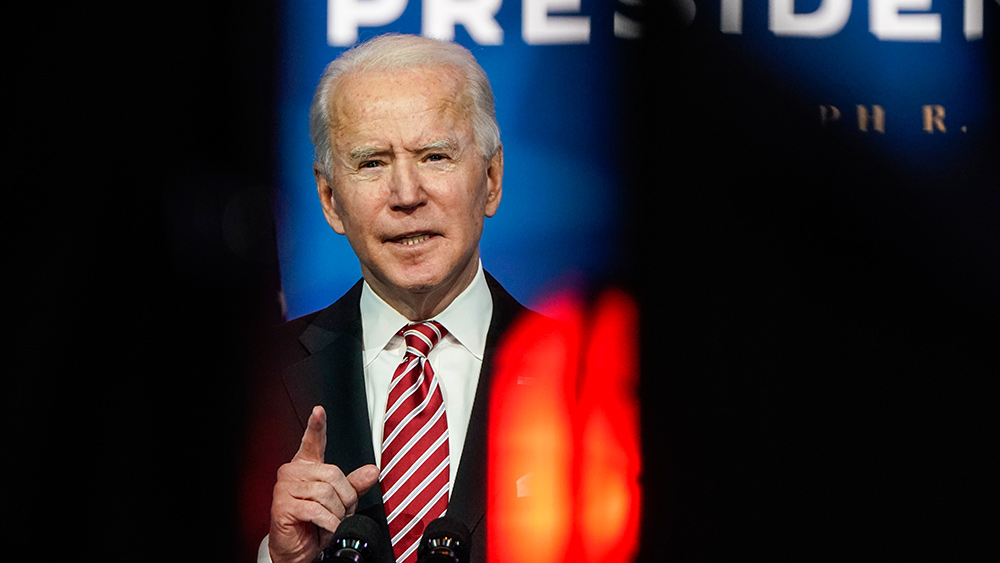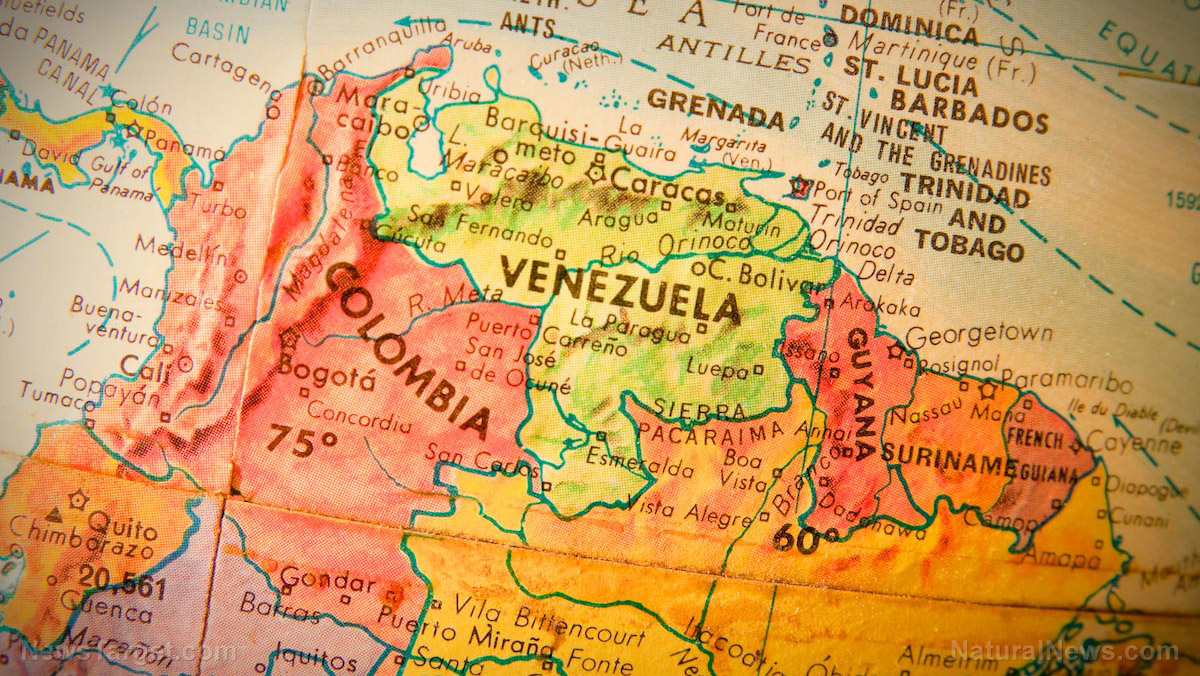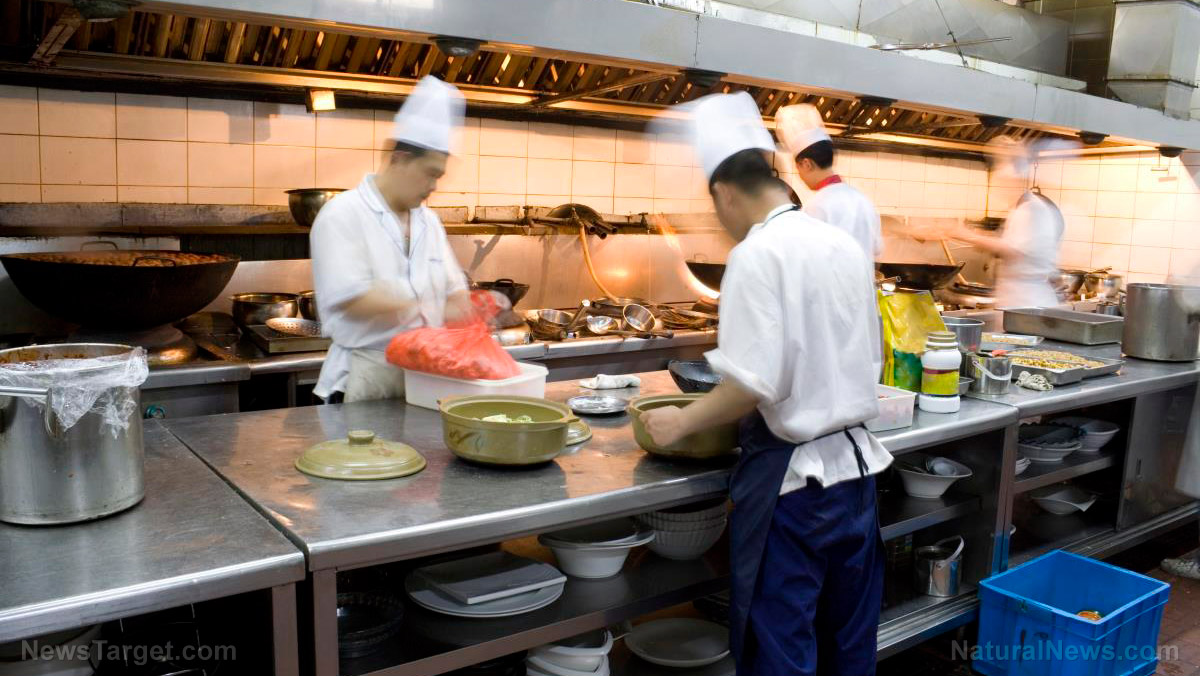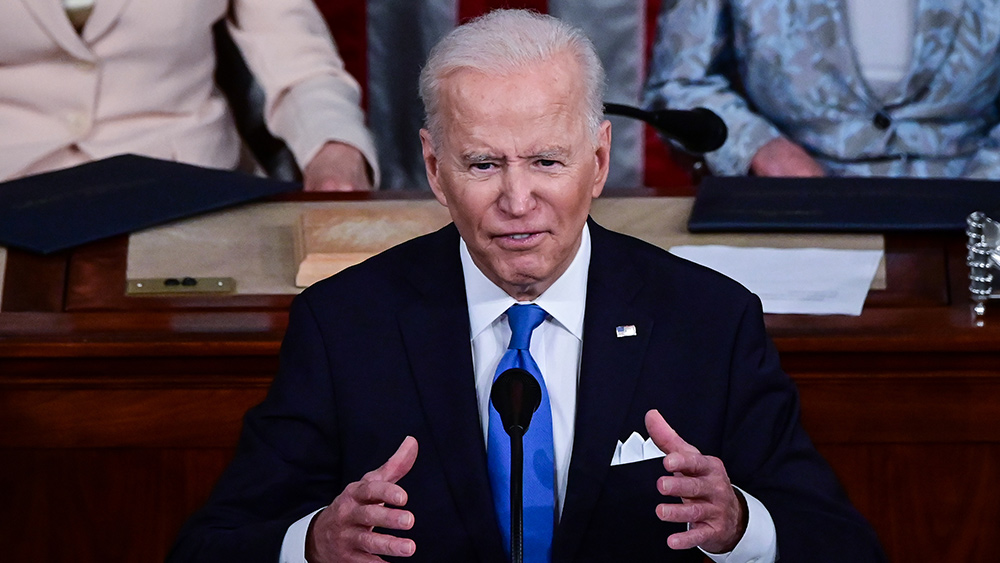Is China on the verge of total economic collapse?
10/01/2021 / By Ethan Huff

Much of China is struggling without power as the communist government rations electricity and effectively cuts off the supply of export goods that rely on this energy in order to be produced.
Amid ongoing Wuhan coronavirus (Covid-19) supply chain problems, the world’s cheap junk supplier, China, is churning out even fewer microchips, iPhones and other things that the rest of the world needs to keep spinning.
In the past month, more than half of China’s 31 provincial jurisdictions have been stricken with electricity rationing measures. These provinces include industrial powerhouses like Guangdong in the south to the “rust belt” of the northeast.
The situation is generating plenty of worry about what will become of China’s manufacturing base, which supplies much of the world with consumer goods and other products.
“The situation worsened over the past weekend,” stated Lu Ting, a chief economist at Nomura.
While it is somewhat normal for China to experience rolling blackouts, of sorts, this latest power cut is far more pervasive and has lasted for much longer than the norm.
Emission reduction targets imposed by Beijing are one factor in the equation, as is an alleged shortage of coal. There is also the brewing economic crisis that is sweeping the globe, triggering what appears to be the early stages of hyperinflation.
“With market attention now laser-focused on Evergrande and on Beijing’s unprecedented curbs on the property sector, another major supply-side shock may have been underestimated or even missed,” Lu added about the power crisis.
China’s GDP growth forecast slashed from 8.2 percent to 7.7 percent
Based on everything that is transpiring, China is not anticipating as much growth as previously predicted. The GDP growth forecast for the country has been trimmed from 8.2 percent to just 7.7 percent.
“We see more downside risk to our forecasts,” Lu says.
The so-called “delta variant” is of course also being blamed. Whenever there are problems of any kind anymore, the default scapegoat is always the Chinese Virus – even when those problems have been brewing for many decades due to corruption and fraud.
You might even say that “covid” is just the cover story for the inevitable economic collapse that has been a long time coming. This would explain why the powers that be are pushing drastic and economically devastating restrictions – because then they can blame the “virus” for the impending collapse that they knew about in advance.
Many who are in the thick of all the chaos, though, do not understand what is really going on. This includes the millions of Chinese residents who are having their power turned off, often during peak hours and without any warning.
The government there continues to claim that such measures are necessary “to avoid the collapse of the entire grid.”
“From September 23 to 25, due to the sudden decline in wind power, and for other reasons, the power supply gap [in Liaoning] rose to the level of severe,” local authorities in the rust belt provinces of Liaoning, Jilin and Heilongjiang announced.
The water supply is also being affected by these cuts. A local water company in Jilin issued a statement on social media stating that “irregular, unplanned and unannounced power cuts or limits will last until March 2022, [and] power and water outages will become the norm.”
This is an awfully long time for such problems to persist, but it seems as though those in the know, know that they know, if you catch our drift.
“If the regulations become more strict, we may have to just keep [the furnace] warm but not produce anything,” said one factory manager ominously.
To keep up with the latest news about the impending global economic collapse, be sure to visit Collapse.news.
Sources for this article include:
Tagged Under: Bubble, China, consumer goods, corporations, COVID, debt collapse, economic collapse, electricity, electricity shortage, Plandemic, power, powergrid, rolling blackouts, shortage, supply chain
RECENT NEWS & ARTICLES
COPYRIGHT © 2018 GOVERNMENTDEBT.NEWS
All content posted on this site is protected under Free Speech. GovernmentDebt.news is not responsible for content written by contributing authors. The information on this site is provided for educational and entertainment purposes only. It is not intended as a substitute for professional advice of any kind. GovernmentDebt.news assumes no responsibility for the use or misuse of this material. All trademarks, registered trademarks and service marks mentioned on this site are the property of their respective owners.




















